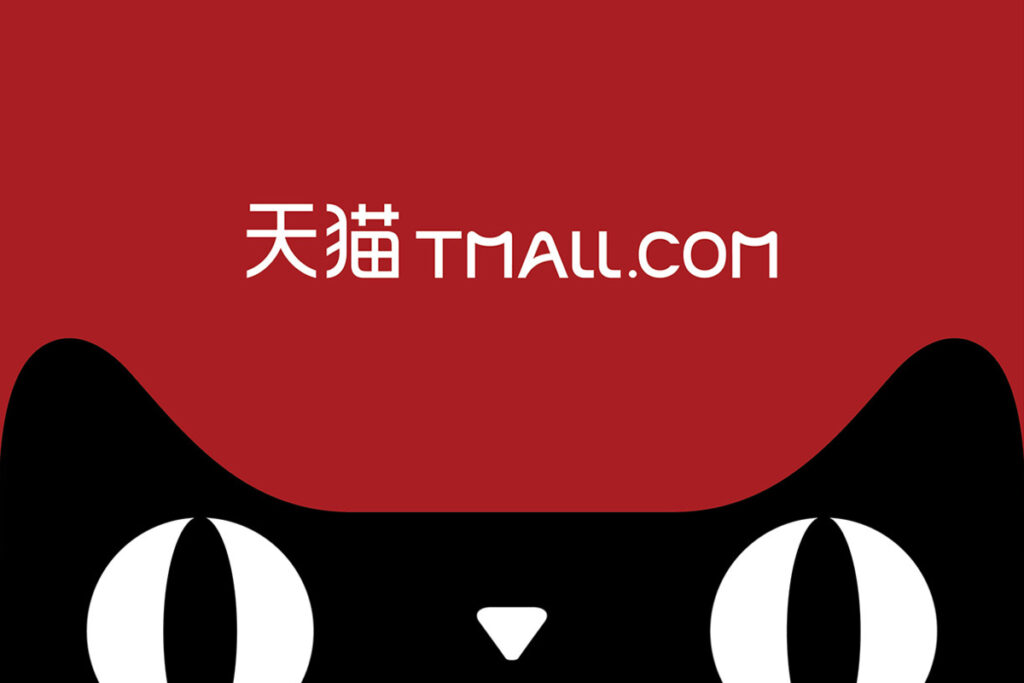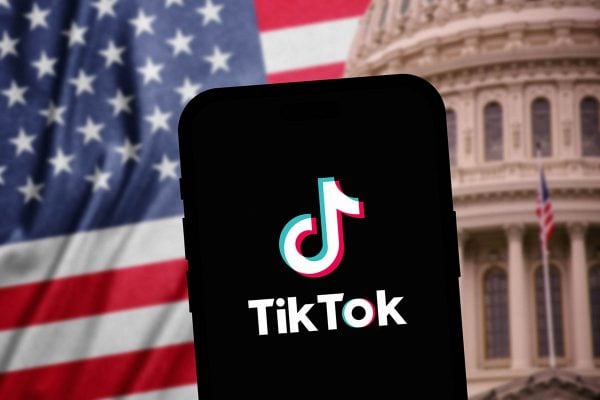 Continuing our Marketplaces 2018 series, today we look at Tmall Global. To find a full list of marketplaces we’ve written about already, visit our Marketplaces 2018 page here.
Continuing our Marketplaces 2018 series, today we look at Tmall Global. To find a full list of marketplaces we’ve written about already, visit our Marketplaces 2018 page here.
Marketplaces 2018 is produced in association with Flubit.com, the largest UK owned marketplace to sell your inventory on.
Web address: Tmall.com
Marketplace Overview
Tmall is one of the Alibaba ecommerce outlets in China and offers a huge online selling opportunity. Launched in 2014, the purpose of Tmall Global was to make it easier for merchants outside China to get their goods to the burgeoning ecommerce shopping population in China. Specifically, it means that a merchant based outside China doesn’t need to create a specific legal entity and can fulfil goods from outside of China.
And most notably, as you would expect of the world’s most populous country, the scale of Tmall is staggering and they currently boast 400 million buyers, buying from over 50,000 merchants who sell over 70,000 brands.
As they say of the purpose of Tmall Global:
Tmall.com is an open business-to-consumer (B2C) platform enabling businesses world-wide to reach China’s vast and growing consumer market. Tmall.com has established itself as the destination for quality, brand-name goods catering to increasingly sophisticated Chinese consumers and is the most visited B2C online retail website in China.
– Tmall Global
Seller registration and requirements
Firstly you will need to prove that you are a valid copyright holder or authorised seller for your goods. And then crucial aspects of the Tmall Global experience require you to create a unique storefront where you can offer your goods for sale and also generate product listings that will site within your store. There are different store types (Flagship Store, Flagship Store (Marketplace), Authorized Store, Specialty Store) and to open one merchants must submit a $25,000 security deposit.
To find out full details of the marketplace from them and full details (in English of how to register), you can find full details here. But as they are keen to point out in their blurb, Tmall is an open platform with a self-service onboarding system and generally does not involve itself with store establishment. But you can request assistance from the Tmall Global business development team at the link above.
You can examine the full fees schedule on this page but as is typical there is a commission fee on successful sales, which varies per category but mostly seems to be 5%. And there is also an annual subscription charge payable to keep your storefront up and running. Again that varies by category but $5k – $10k USD seems to be the norm on Tmall Global.
Fulfilment and payments
Payments are processed via their in-house Alipay system and the fee there is 1% of the sale price and any additional postage costs. You can choose to fulfil yourself from wherever you are based in the world or you can use Tmall’s increasing fulfilment system, which comes at a cost but can be done from within China making for faster delivery.
Tamebay’s take on the Tmall Global marketplace
Tmall is an expensive but effective way of accessing the Chinese online selling community. But it will likely only be suitable for bigger merchants selling recognised brands who have established expertise in selling online.









